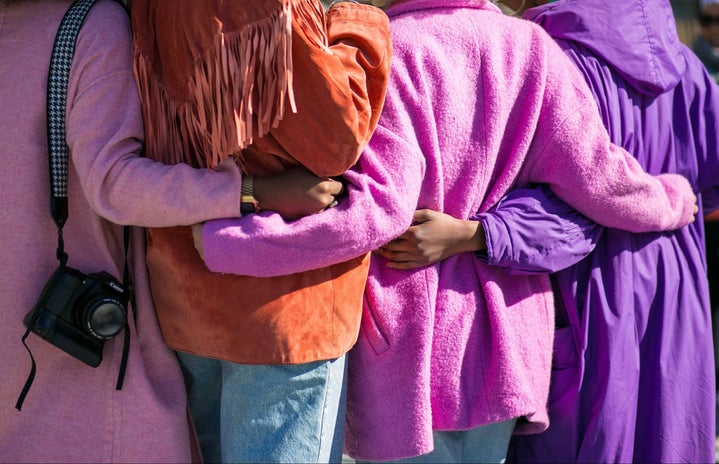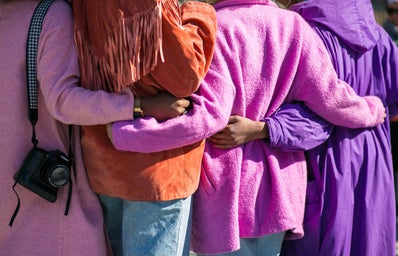Raksha Bandhan is a traditional Indian festival that celebrates the bond between siblings. It is celebrated on the full moon day of the Hindu month of Shravana, which usually falls in August. The festival is primarily celebrated in India, Nepal, and other parts of the Indian subcontinent. On this day, sisters tie a sacred thread called Rakhi on their brothers’ wrists, symbolizing their love and protection for each other. In return, brothers promise to protect their sisters from all harm and give them gifts.
However, not all siblings have the privilege of celebrating Raksha Bandhan in the traditional sense. Some of them may be an only child or may not have a brother. These people may feel lonely and left out on this day, as they do not have anyone to tie the Rakhi to or receive gifts from. But, breaking barriers and stereotypes, many people have started celebrating Raksha Bandhan differently. They have started tying Rakhis to their chosen family, irrespective of gender and bloodline restricted norms decided for the festival.
For instance, some girls celebrate Rakhi by tying it to their sisters or girlfriends. This not only strengthens their bond but also breaks the stereotype that Rakhi can only be celebrated between brothers and sisters. Similarly, boys who don’t have sisters get a Rakhi tied on their wrist by their mothers, brothers, or friends. This not only makes them feel loved and cared for but also breaks the norm that Rakhi can only be celebrated between a brother and a sister.
Celebrating Raksha Bandhan differently has become a way for people to find that ray of sunshine on this fate’s unfair day of theirs. It has become a way for them to celebrate the bond of love and protection with their chosen family. This shift in the way Raksha Bandhan is celebrated shows that people are becoming more accepting and inclusive of different kinds of relationships. It is heartening to see individuals finding joy and comfort in celebrating the festival with those who love and support them, even if they are not related by blood.
Overall, this trend highlights the importance of chosen family and the power of human connection. It is a reminder that love and support can come from unexpected places, and that we should cherish and celebrate those relationships that bring us joy and happiness.


